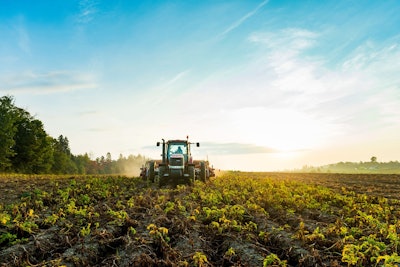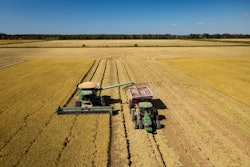
McCain Foods has released its 2022 Sustainability Report, demonstrating how it’s responding to the challenges of climate change, its priority on enhancing soil health, its farming partners’ transition to more regenerative practices, and strategic investments that have enabled the growth of plant-forward product innovations.
In the past year, McCain launched Farm of the Future Africa, where it will test regenerative farming in a Southern Hemisphere environment. The first crop of potatoes has been planted at the farm in Lichtenburg, South Africa. McCain has also implemented its Regenerative Agriculture Framework to support farmers and measure the adoption of regenerative farming practices in priority regions; established financing partnerships for regenerative farming in France and Canada; achieved an 8% reduction in CO₂ emissions per tonne from potato farming, storage and freight; and improved water-use efficiency by 11% in water-stressed regions.
 | McCain Foods, Farm Credit Canada to Support Sustainable Practices |
McCain also increased its use of renewable electricity to 18.5% of its total electricity use with absolute CO₂ emissions reduced by 6% from 2017 (Scope 1 and 2) and a 17% reduction in CO₂ per tonne of product produced. Plus, 98% of McCain’s paper packaging and 90% of its plastic packaging are now designed for recycling.
In addition, all of McCain’s facilities are now GFSI certified, and the company has achieved 100% voluntarily implementation of Nutriscore in France, Belgium, and Germany, as well as Health Star Rating in Australia.
“We have made marked improvements through action and collaboration and will continue to embrace climatic challenges as opportunities to innovate and make meaningful change to the food system,” says Charlie Angelakos, vice president, global external affairs and sustainability at McCain Foods.




















